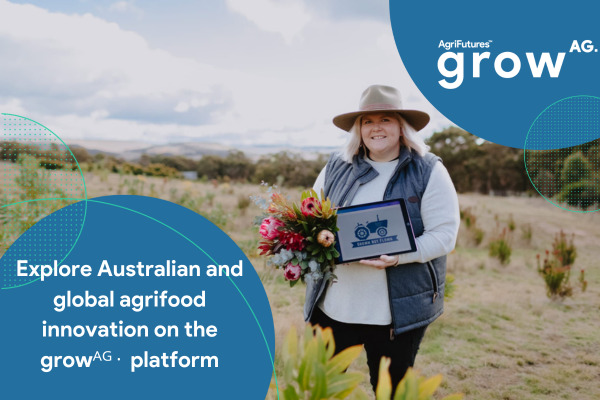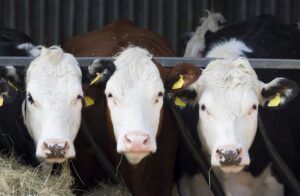Disclosure: AgFunderNews’ parent company is AgFunder.
In some ways, Indian agrifoodtech investment in 2023 tells a familiar and, at this point, unsurprising tale. Investment to Indian agrifoodtech startups dropped 60% from 2022 levels, landing at just under $1 billion in 2023, according to AgFunder’s 2024 India AgriFoodTech Investment report released today in partnership with Indian agrifoodtech investor Omnivore.
The drop is in line with global agrifoodtech investment, which nosedived 50% year-over-year thanks to fewer and smaller deals.
However, Indian agrifoodtech differs from the global scene in that its deal activity remained relatively flat: Startups raised 129 deals in 2023, just four fewer than in 2022. What’s more, the $940 million raised in 2023 is not drastically lower than the $1.3 billion raised in 2019, before valuations went wild in the wake of Covid-19.
As the report notes, 2023 was something of “a reversion to the mean for Indian agrifood startups.”
To be sure, the report highlights some less-positive highlights, too, like Omnivore being the only dedicated agrifood investor in the top investor list alongside generalist investors; since specialist funds like Omnivore and AgFunder tend to fund earlier-stage startups, a lack of them in India poses a potentially worrisome future for younger companies and ideas.
More encouraging is the blurring of boundaries between agrifood and other segments, like fintech, biomaterials, and diet-related healthcare for Indian agrifoodtech. This is especially noteworthy in a country like India, where climate impacts are felt more acutely and where 150 million-plus smallholder farmers still grapple with outdated, inefficient production practices and supply chains. Acknowledging the inherent connection between agriculture, food and other industries could bring more value (and money) to the former and reinforce the concept of holistic, planetary health.
Bangalore-based altM, for example, uses post-harvest crop residue as raw material for biochemicals and biomaterials. “This approach unlocks an additional income stream for farmers by monetizing crop residues that would otherwise be burnt or underutilized,” the company notes in the report.
Similarly, LeadsConnect provides, among other things, fintech services to enable a more connected, sustainable supply chain, to the benefit of both farmers and consumers.
Check the full report for more on how Indian agrifoodtech startups fared in 2023 and what to expect in the next 12 months.
Key highlights from the report include:
- In 2023, Indian agrifoodtech startups raised $940 million across 129 deals, down 60% from 2022.
- The number of deals remained almost flat with 129 closing in 2023 compared to 133 deals in 2022, indicating smaller deal sizes given the steep decline in dollars raised.
- More early stage deals closed in 2023 than 2022 indicating continued interest by investors in the category but at much lower valuations than in previous years.
- The median deal sizes dropped significantly year-on-year across stages and most dramatically at the late stages: 50% at the early stages (Seed and Series A), 39% at the growth stages (Series B and C) and 89% at Series D and later.
- All parts of the supply chain received substantially less funding in 2023 than 2022, with Midstream startups faring the worst with a 80% decrease.
- eGrocery was still the most funded category, albeit with a 46% year-over-year drop to $420 million.
- Agribusiness Marketplaces & Fintech was the second best funded category, raising $162 million, a more pronounced 62% decline.
- Together, eGrocery and Ag Marketplaces & Fintech accounted for 62% of the capital raised in 2023.
- Many later-stage startups raised follow-on bridge capital in 2023, resulting in smaller deals at the late stage. This is in line with global agrifoodtech investment trends, where later-stage startups have raised down rounds and overall valuations have been severely corrected.















